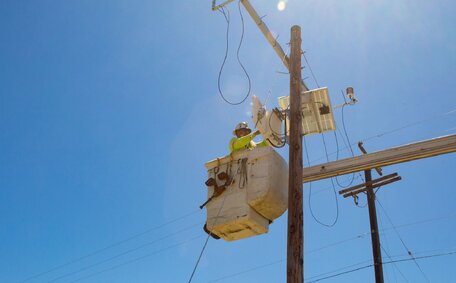
How to Identify Electrical Non-Compliance Issues
Electrical safety shouldn’t be compromised. This guide empowers you to identify common electrical non-compliance issues in your wiring, components, and installations.
Read More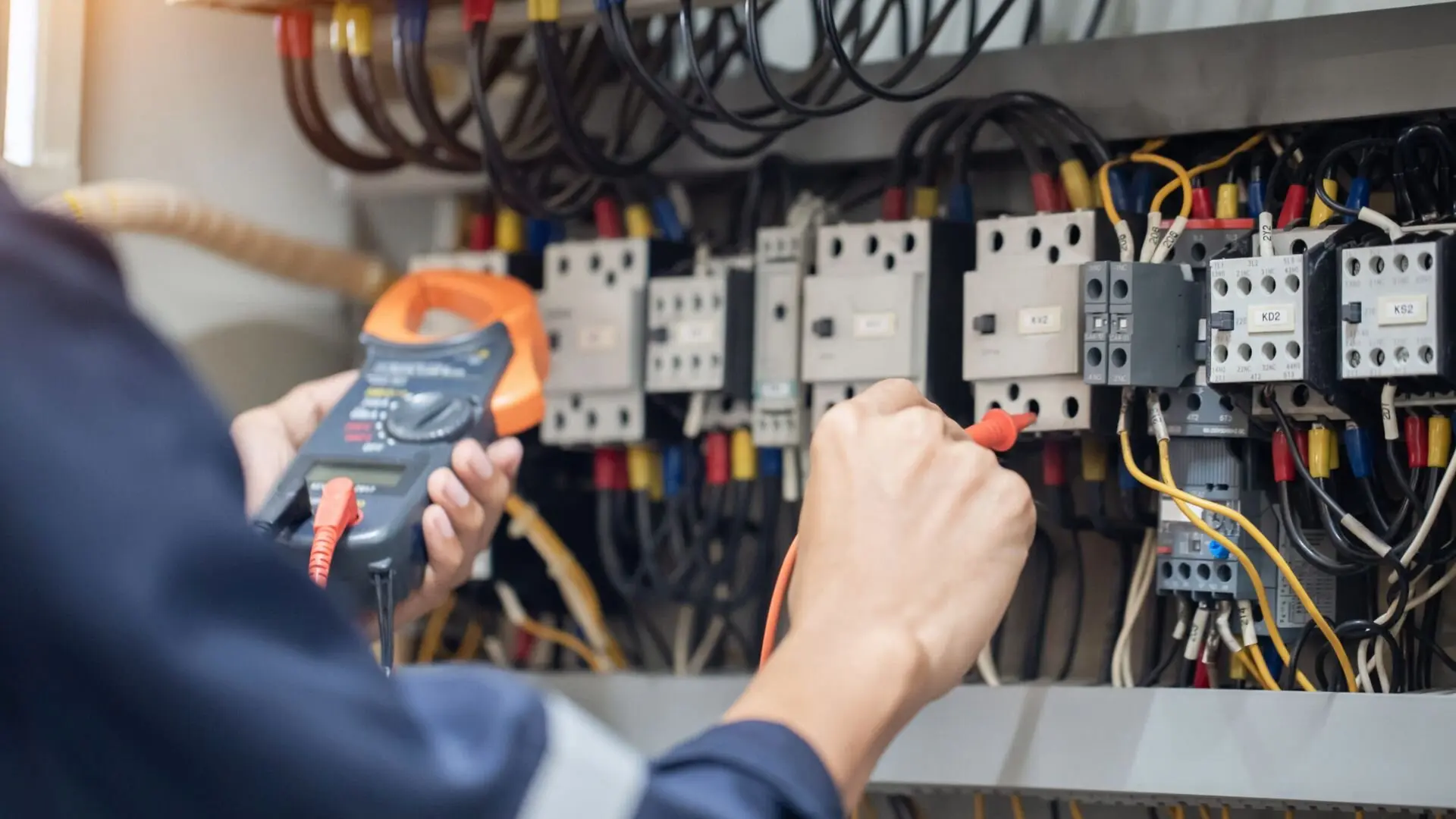
Adhering to regulations and codes is essential for electricians to do their jobs safely and comply with the law. If electrical work is not done properly, it can result in fire and electrocution.
In many regions, electricians must hold a license obtained from an accredited apprenticeship program. Beyond that, they need to engage in ongoing education and training. Additionally, strict rules dictate which materials and methods can be used in installations.
In this blog post, we delve into key regulations electricians need to know in their area—whether it’s under the state-adopted National Electrical Code or local modifications. We’ll explore the essentials, like permits, inspections, labelling requirements, and documentation rules.
So, let’s dive in!
It’s crucial not to undertake energised electrical work simply for convenience. When installations are properly designed and fitted, the chances of electric shocks or electrocution during everyday use drop significantly.
Electricians working in Australia must adhere to strict regulations and standards to work safely and legally. The following are some of the critical rules electricians need to be aware of:
Electricians must hold a valid license issued by the Office of Fair Trading or a relevant state licensing body. Licenses must be renewed periodically, and license holders must meet continuing professional development requirements.
To obtain a license, a qualified electrician must complete an approved apprenticeship program and pass exams testing their skills and knowledge of electrical work. A diploma or certificate in the relevant field is typically required.
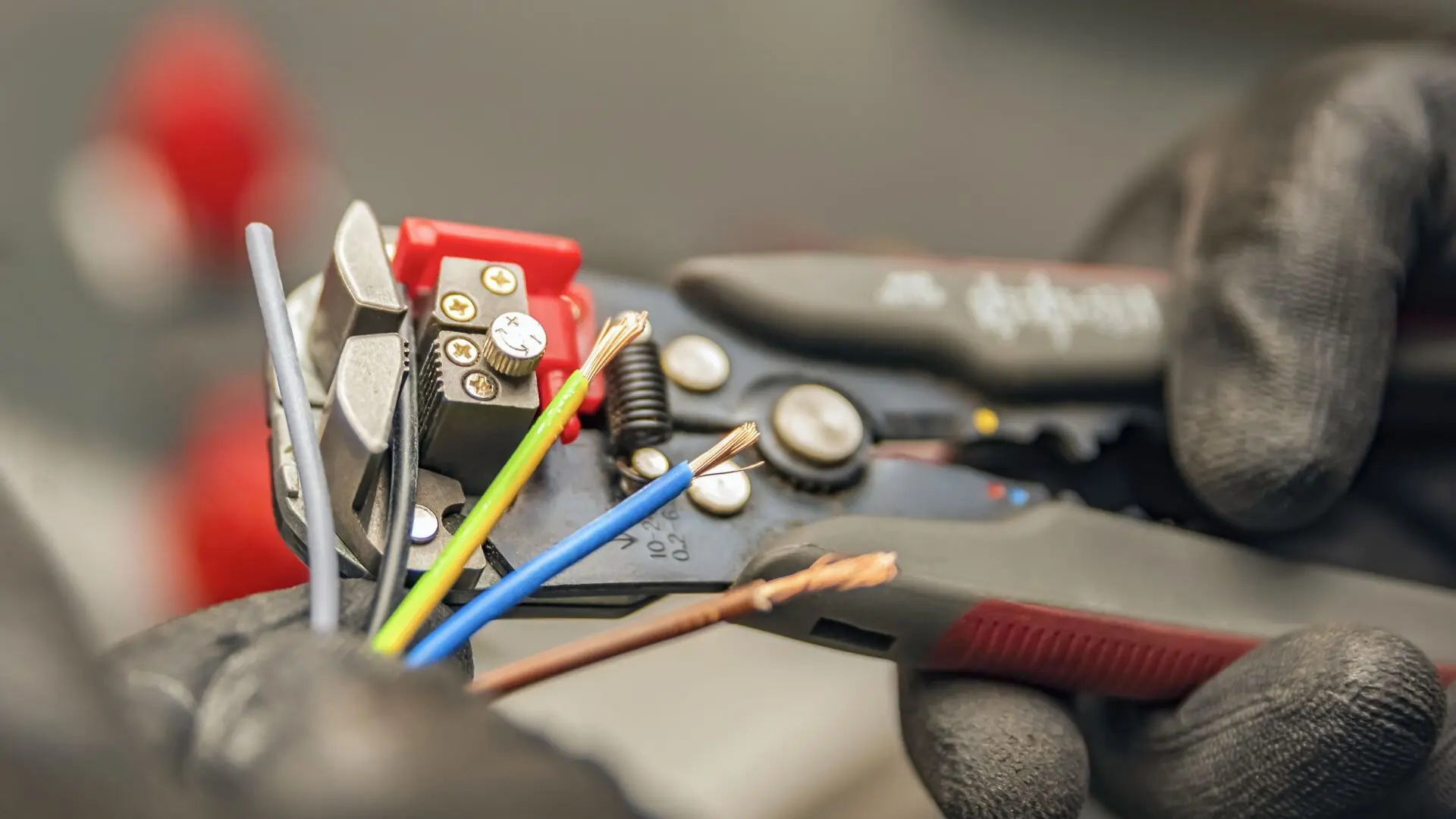
Electricians should strictly follow occupational health and safety rules. This includes using electrical equipment correctly, wearing protective gear, identifying hazards, assessing risks, ensuring site safety, and having sound fire safety plans in place.
One of the most important developments in electrical safety has been the invention of the safety switch. Also known as a Residual Current Device, the safety switches cut off the electricity supply to any powerpoints from which the RCD has detected a current leak to earth. The regulations around safety switch installation vary across all states and territories of Australia.
All compliance electrical work must be performed according to standards set by organisations like Australian Standards and the WAIRC. This includes regulations for the installation, repair and maintenance of wiring systems.
Electricians must hold public liability insurance and may need electrical workers’ compensation coverage. This protects them in case of accidents on the job or damage to a client’s property.
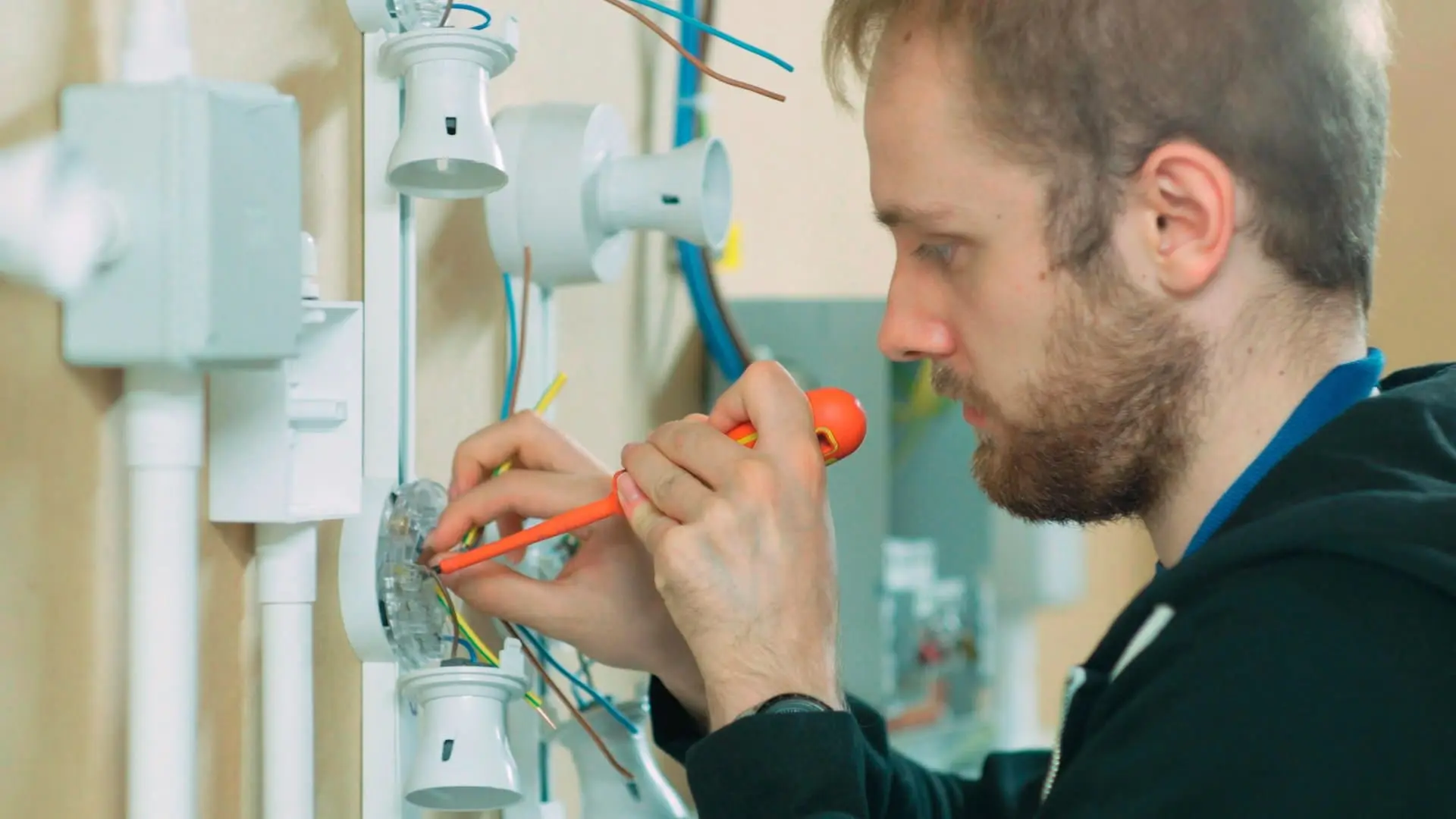
Electrical work may require inspection by licensed testing officers and approval certificates before sites can be re-energised.
Following these key regulations is essential for electricians to work safely and comply with Australian law. Strict enforcement helps ensure electrical integrity and public safety.
Ensuring compliance is an integral part of being a professional electrician. Strict adherence to regulations and standards is necessary to conduct electrical work legally and safely.
Electricians need to be aware of all relevant codes, general safety laws, and industry standards governing their profession—covering licensing, safety processes, installation demands, and documentation. Keeping informed about changes to these rules is vital.
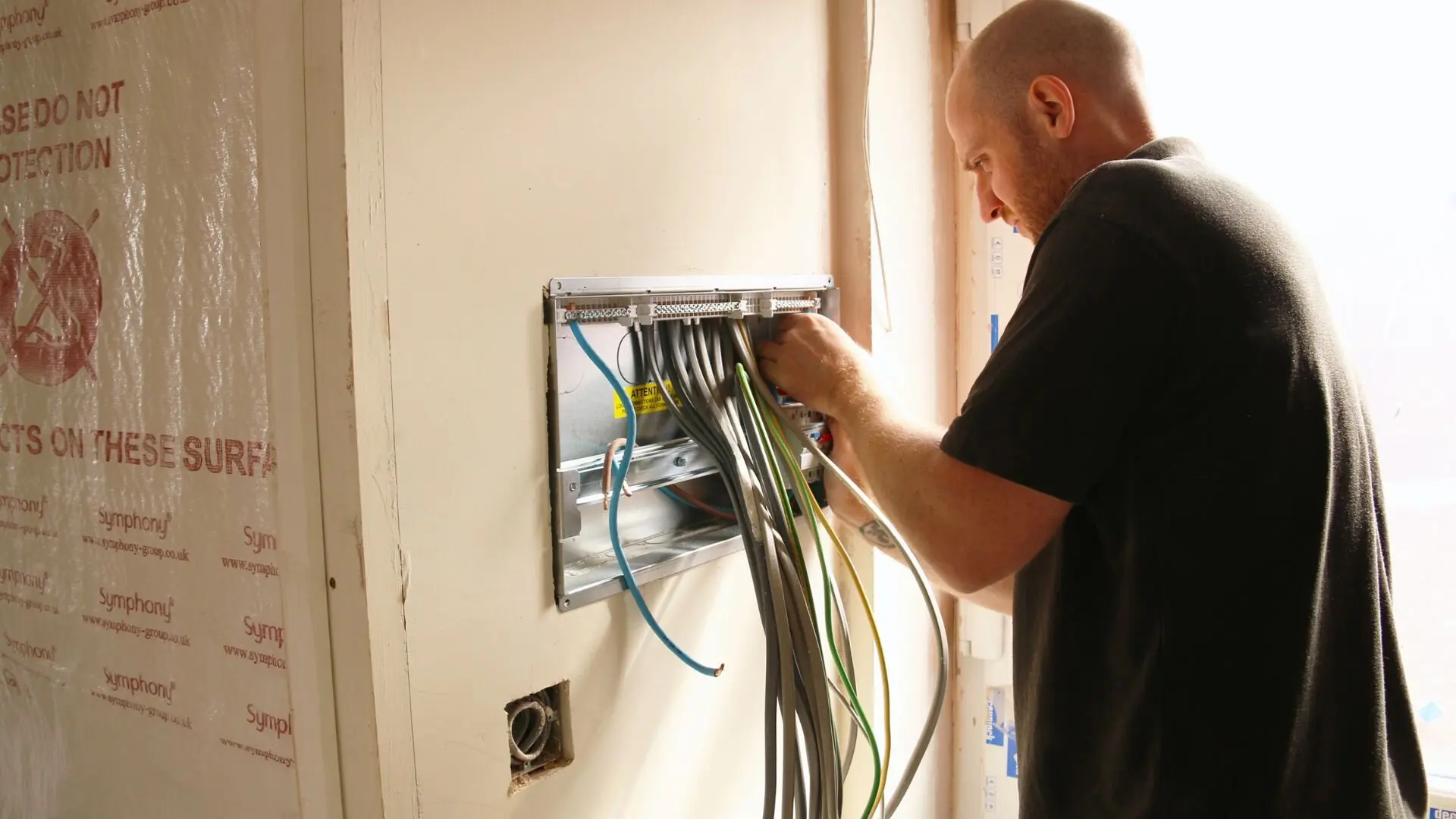
It’s also wise for electricians to double-check compliance requirements for specific job types. Proper record-keeping demonstrates compliance, so electricians should thoroughly document all tasks, inspections and safety measures. The necessary licenses, permits, insurance, and qualifications simplify compliance.
Electricians can seek guidance from licensing bodies if they have questions. Ongoing training helps refresh knowledge of compliance issues, too. Leading by example also promotes a compliance-centric culture in the workplace. Taking a proactive approach to understanding and following all relevant regulations ensures electricians avoid legal and safety violations in their professional activities.
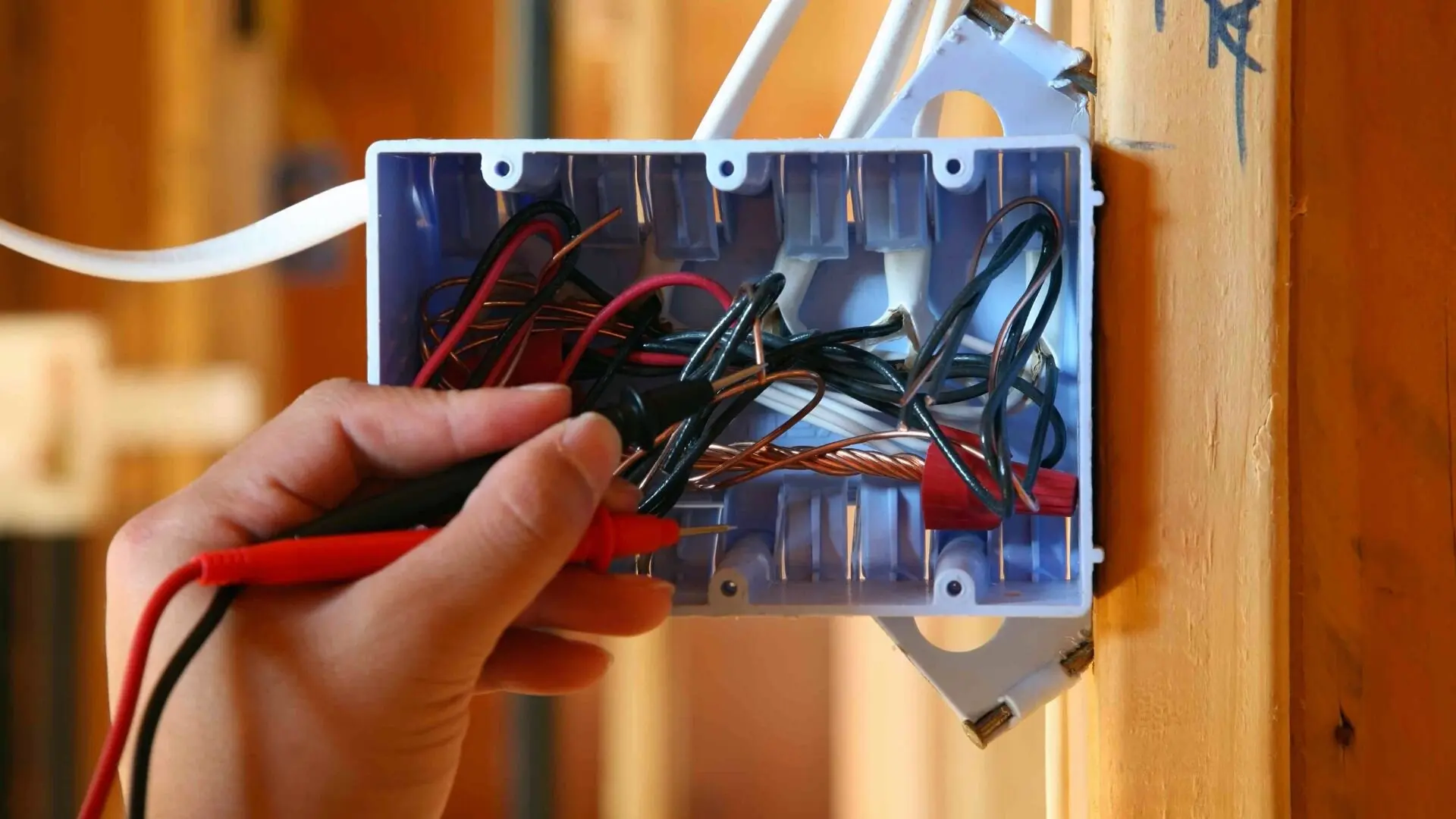
A Certificate of Electrical Compliance informs the consumer that the electrical work meets the required state safety requirements. Only a licensed electrical contractor and electrician can give this certificate, ensuring the job’s quality. It is essential to provide your client with this certificate immediately.
Licensing requirements for electricians safeguard public safety and set industry benchmarks. Generally, to earn an electrician’s license, you need to fulfil particular education and experience conditions.
Most jurisdictions require electricians to complete an accredited apprenticeship program lasting 4 to 5 years. This program provides hands-on training under the supervision of a licensed electrician. Apprentices also take classroom courses covering electrical theory, wiring methods, codes, and standards.
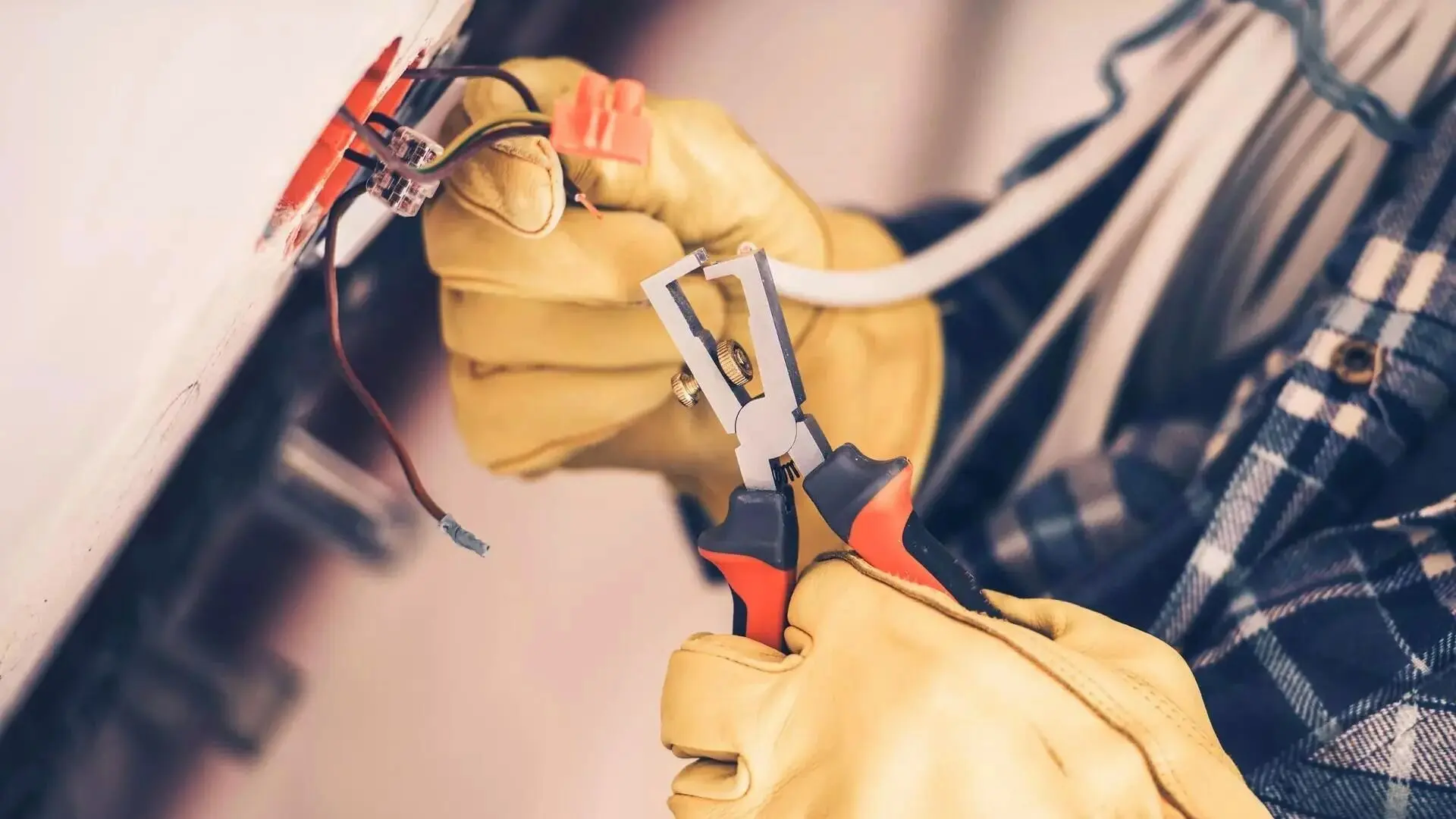
Electricians must pass a licensing exam administered by state or provincial regulatory agencies upon apprenticeship completion. The exam tests the individual’s competency and knowledge of safe installation practices. Licenses may be specific to residential, commercial or industrial electrical work areas.
Keeping a license up-to-date involves ongoing education to stay abreast of the latest code updates. Periodic license renewal with associated fees is also necessary. Electricians must adhere to all licensing rules to confirm their legal right to work in the field.
Non-compliance with electrical regulations and licensing requirements carries severe consequences for electricians. Any violations found during inspections could result in fines, mandatory remediation work, or even license suspension or revocation in severe cases.
This would prevent the electrician from working legally until appropriate actions are taken to resolve the issues. Electricians may also face legal penalties through the court system for violations that pose significant safety dangers.
Non-compliant work could even lead to litigation if injuries or damages occur because of improper installation or procedures. An electrician’s reputation may also be damaged if complaints are filed against them.
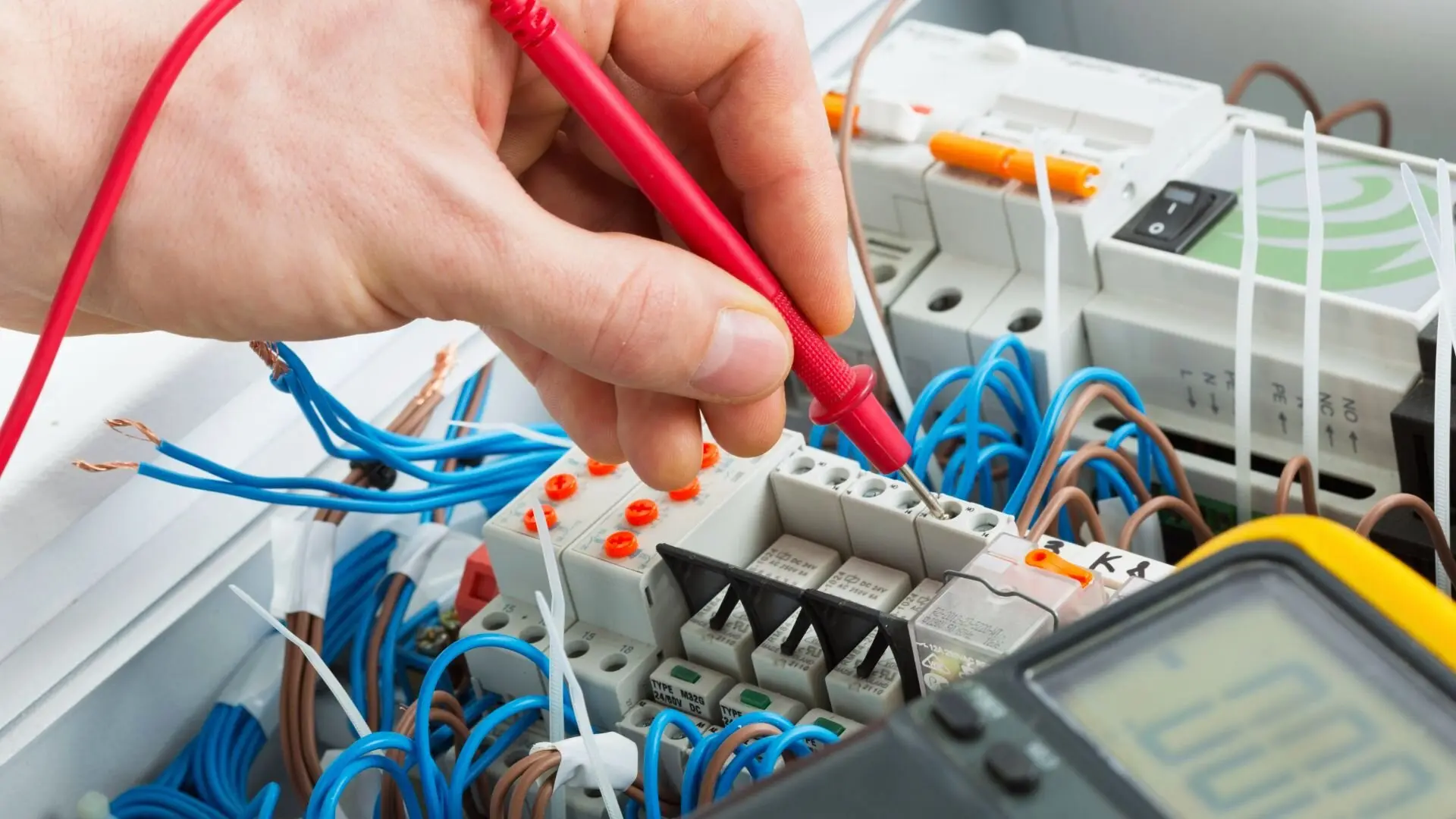
Non-compliance issues could make obtaining new clients or projects more difficult, and insurance coverage could be impacted. Therefore, it is imperative that electricians meticulously follow all applicable regulations to avoid these unwanted outcomes that could damage their business and career. Maintaining strict compliance is the best way for electricians to work safely and legally.
In Australia, electricians are required to hold a Certificate of Registration from the licensing board in their state. This involves completing an apprenticeship or traineeship program and passing licensing exams. Licensed electricians must also undertake ongoing training to maintain their registration.
Yes, each state’s licensing board classifies electrical work into different license classes. A license may only authorise work within certain voltage ranges or on specific types of installations (e.g. domestic, commercial). Electricians must ensure any work they undertake is within their approved license class.
All electrical work must comply with the Australian/New Zealand Wiring Rules (AS/NZS 3000). These rules cover requirements for electrical equipment selection and installation work, protection against electric shock and fire, and isolation and tagging of circuits for safety. Personal protective equipment like insulation gloves and mats must also be used.
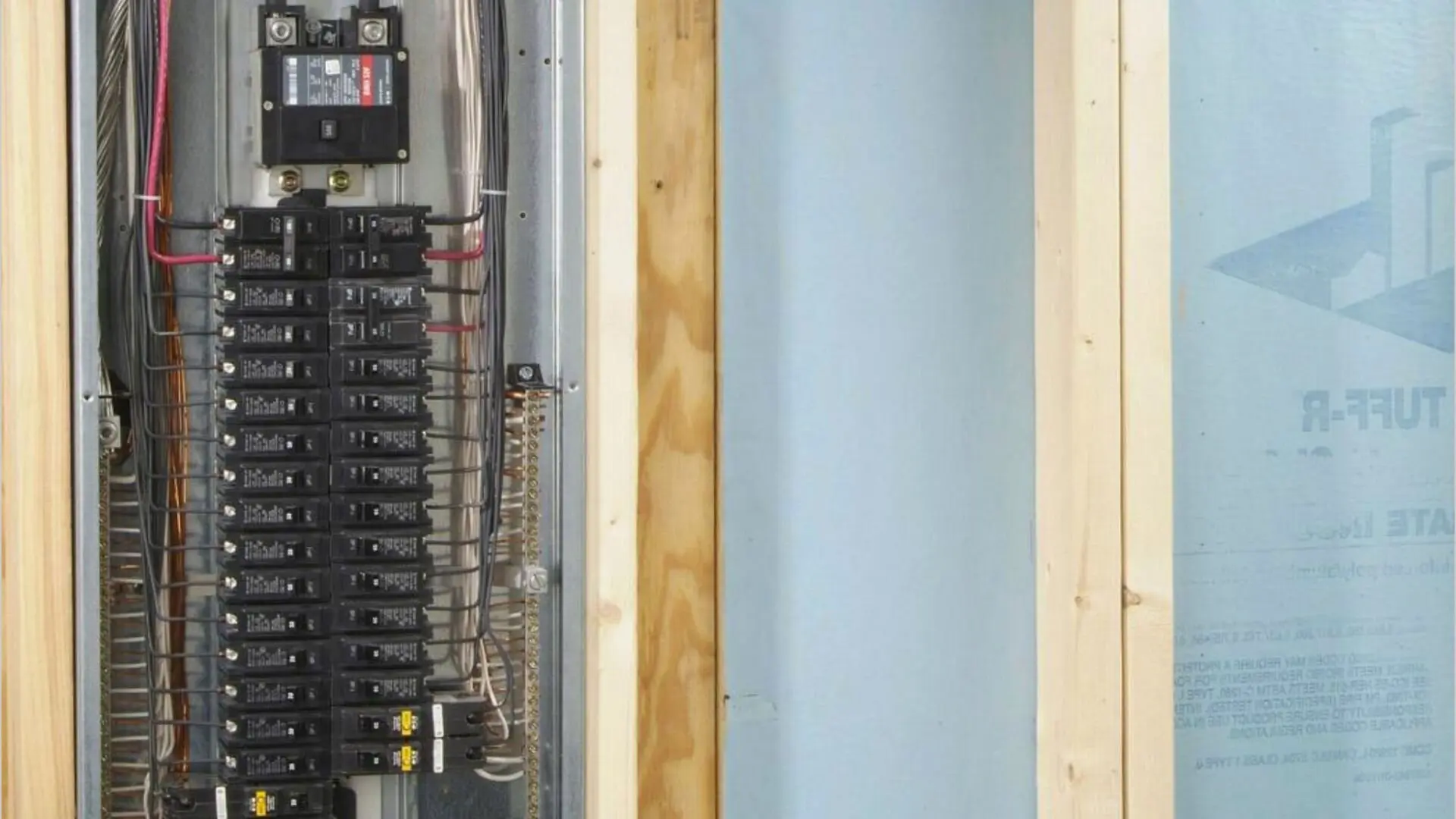
Yes, most states require electrical installations over a specific size (e.g. domestic homes) to pass an inspection by an authorised tester before power can be connected. This ensures compliance with Australian standards and safe installation practices.
Licensed electricians are expected to keep records of each job, including certificates of electrical safety, circuit diagrams, test results and warranties provided. These records help comply with regulations and assist with liability issues if any problems emerge.
Being a licensed electrician in Australia has well-defined regulations and standards that must be adhered to to carry out work safely and legally. Upholding rules around licensing, permitted work activities, safety practices, and record-keeping helps protect electricians and consumers.
Bright Force Electrical will handle the job properly if you need electrical work completed at home or at work. As a fully licensed and insured company, we have extensive experience meeting all the regulatory requirements discussed in this article.
Call us today to discuss your project and get a free quote. Our team of qualified electricians can inspect your current system, recommend any needed upgrades, and complete any new installs to the highest standard of safety and compliance. Contact Bright Force Electrical—we’re here to ensure your electrical needs are met according to Australian regulations.
Did you enjoy reading our article “What Regulations Does An Electrician Need to Stick To?”? We have many related articles you may also be interested in reading, like the below:
Electrical safety shouldn’t be compromised. This guide empowers you to identify common electrical non-compliance issues in your wiring, components, and installations.
Read MoreSafety switches are essential for protecting tenants from electrical hazards in Sydney rental properties. Understand the regulations, requirements, and best practices for maintaining a safe and compliant rental.
Read MoreNavigating regulatory requirements for overhead electrical systems is critical for safety and legal compliance. This guide breaks down what you need to know to stay within code, prevent costly penalties, and keep projects on track. Perfect for contractors, engineers, and property managers needing a clear understanding of compliance standards.
Read MoreWe will call back as soon as possible.

